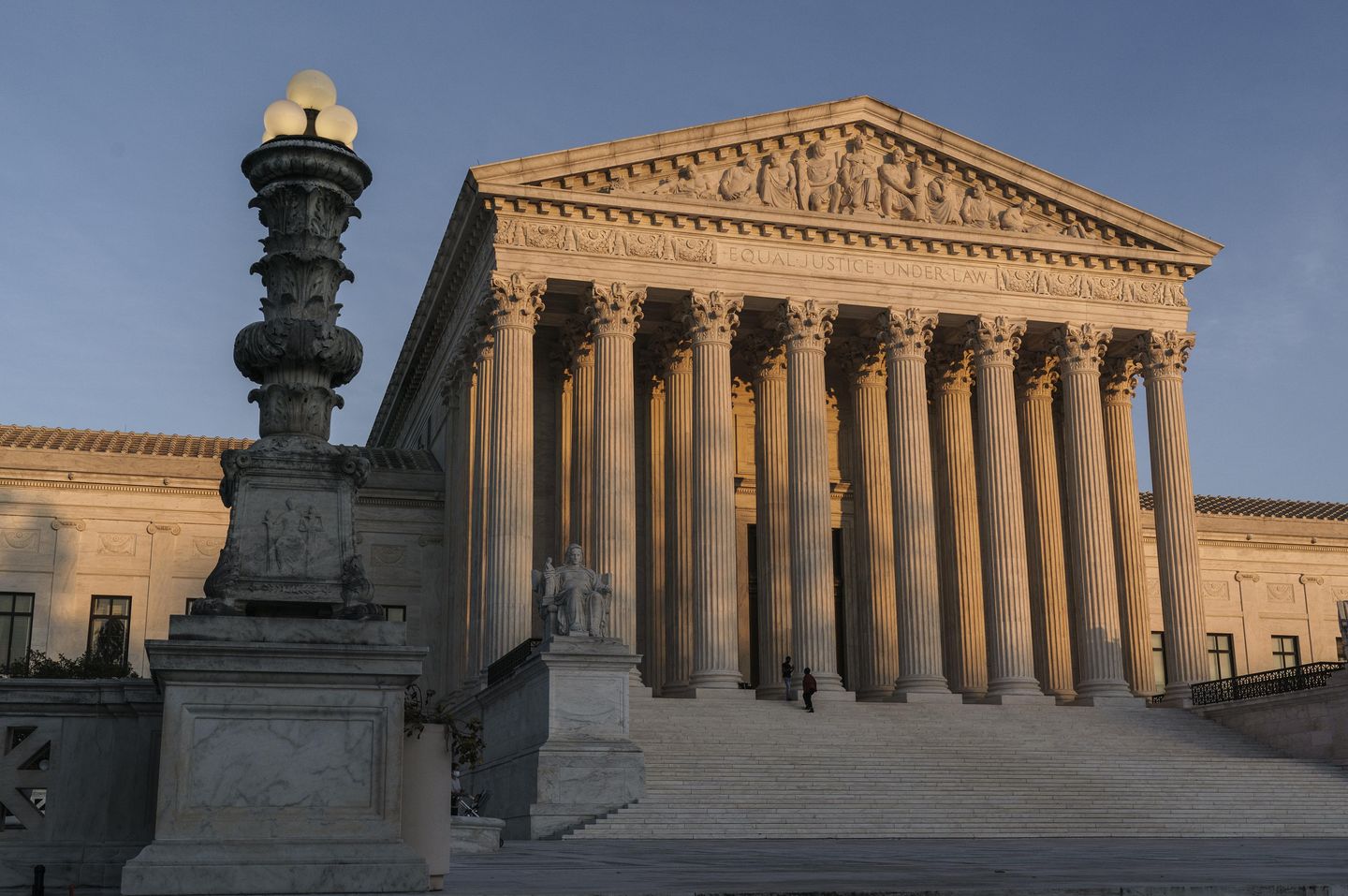Former HUD Assistant Inspector General Seeks to Remain Free While Appealing Conviction
In a recent development in the world of government accountability and oversight, a former assistant inspector general at the Housing and Urban Development Department is petitioning the Supreme Court to allow him to remain free from prison while he appeals a conviction related to allegations of concealing a financial relationship with a personal friend and a company to which he directed government contracts.
The case, which has attracted significant attention within the watchdog community, centers around the actions of the former assistant inspector general, whose name has not been disclosed in the media. The individual in question was found guilty of violating federal law by failing to disclose a financial relationship with a personal friend and a company that received government contracts as a result of his actions.
According to court documents, the former assistant inspector general allegedly used his position to steer government contracts to a company owned by his personal friend, without disclosing his financial ties to the individual or the company. This violation of federal law ultimately led to his conviction on charges of fraud, conspiracy, and making false statements to federal investigators.
The case has raised concerns about the integrity of the oversight process within government agencies, particularly within the Department of Housing and Urban Development. As an assistant inspector general, the individual held a position of significant authority and responsibility, tasked with ensuring that taxpayer dollars were being spent appropriately and that government contracts were awarded fairly and transparently.
The allegations against the former assistant inspector general have called into question the effectiveness of the oversight mechanisms in place within HUD and other government agencies. The case highlights the importance of maintaining transparency and accountability in government operations, particularly when it comes to the awarding of contracts and the use of taxpayer funds.
In his petition to the Supreme Court, the former assistant inspector general is arguing that he should be allowed to remain free from prison while he appeals his conviction on the grounds that he poses no flight risk and is not a danger to the community. He contends that he has strong ties to the community and has cooperated fully with law enforcement throughout the investigation and trial process.
The outcome of this case could have far-reaching implications for the future of government oversight and accountability. If the Supreme Court agrees to hear the former assistant inspector general’s appeal and ultimately rules in his favor, it could set a precedent for how similar cases are handled in the future. On the other hand, if the Court denies his petition and upholds his conviction, it could send a strong message about the importance of upholding ethical standards and transparency within government agencies.
The case also serves as a reminder of the challenges that government watchdogs face in their efforts to hold public officials accountable for their actions. The former assistant inspector general’s alleged misconduct highlights the need for robust oversight mechanisms and strict enforcement of ethics rules within government agencies to prevent similar abuses from occurring in the future.
As the case makes its way through the legal system, it will be closely watched by those in the government accountability community and beyond. The outcome of this case could have a lasting impact on the way that government officials are held accountable for their actions and could help to shape the future of oversight and transparency within government agencies.
In the meantime, the former assistant inspector general will continue to await a decision from the Supreme Court on his petition to remain free from prison while he appeals his conviction. The outcome of this case will undoubtedly have significant implications for the future of government oversight and accountability, and will be closely monitored by those who are dedicated to ensuring that taxpayer dollars are spent wisely and transparently.









